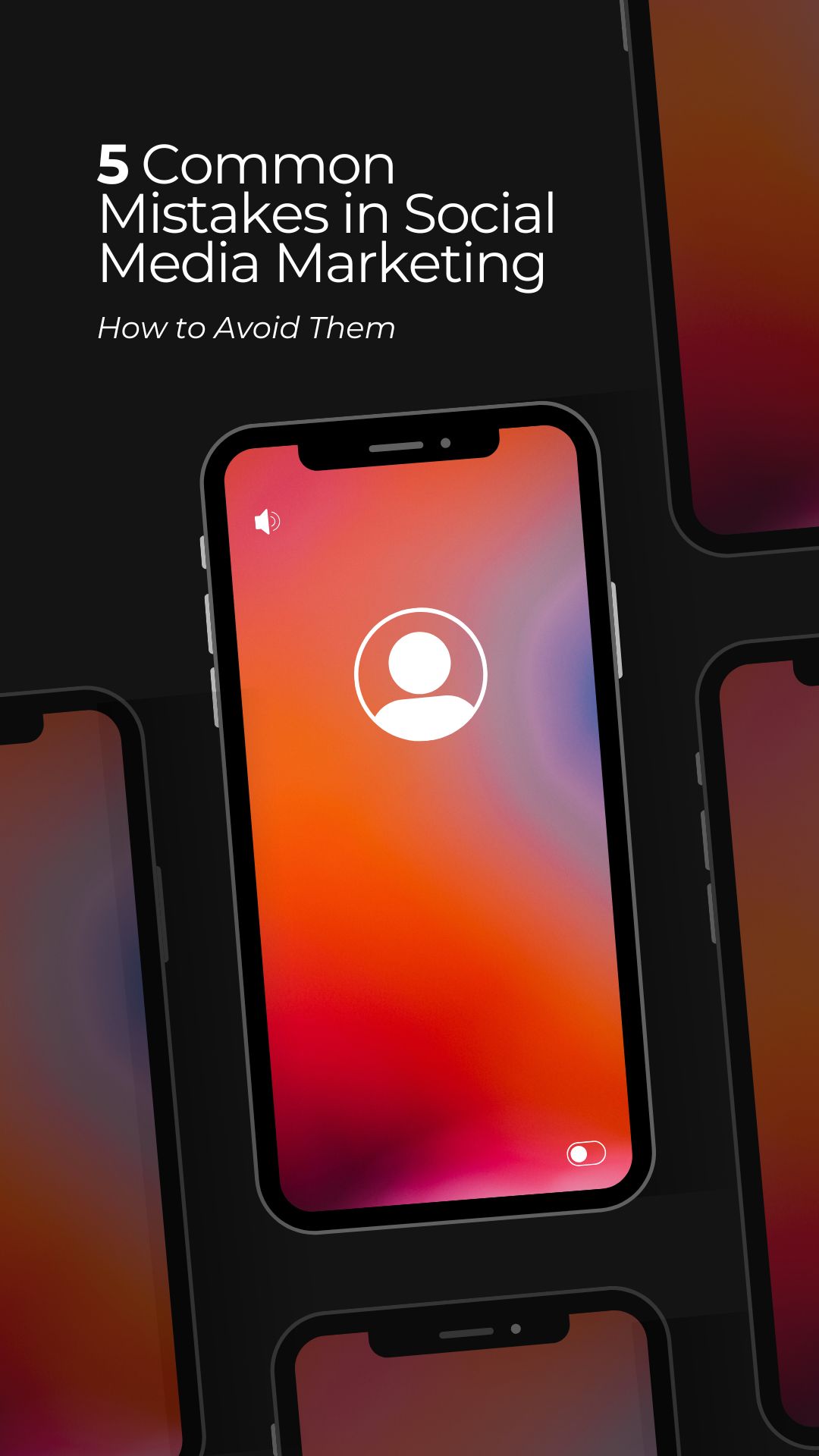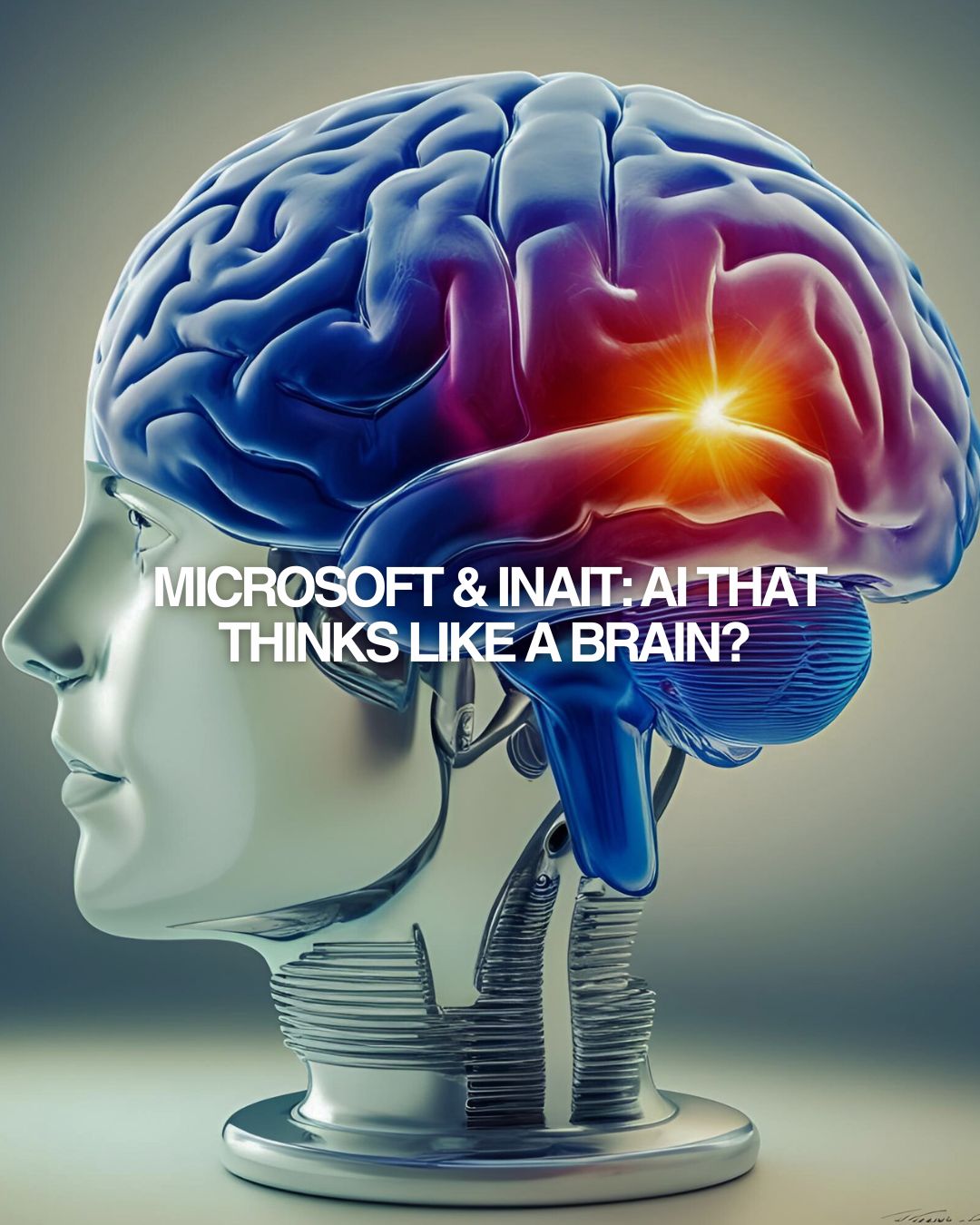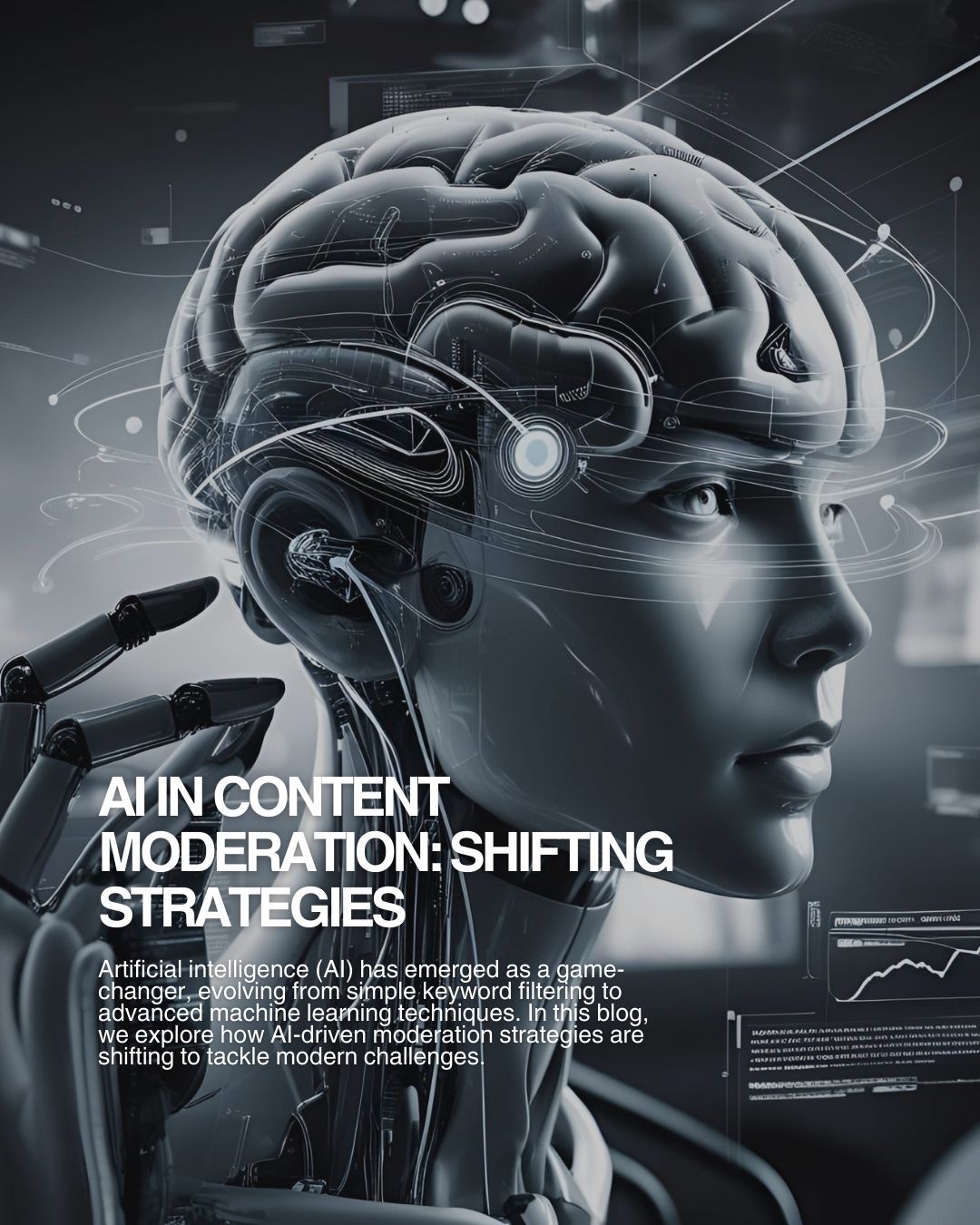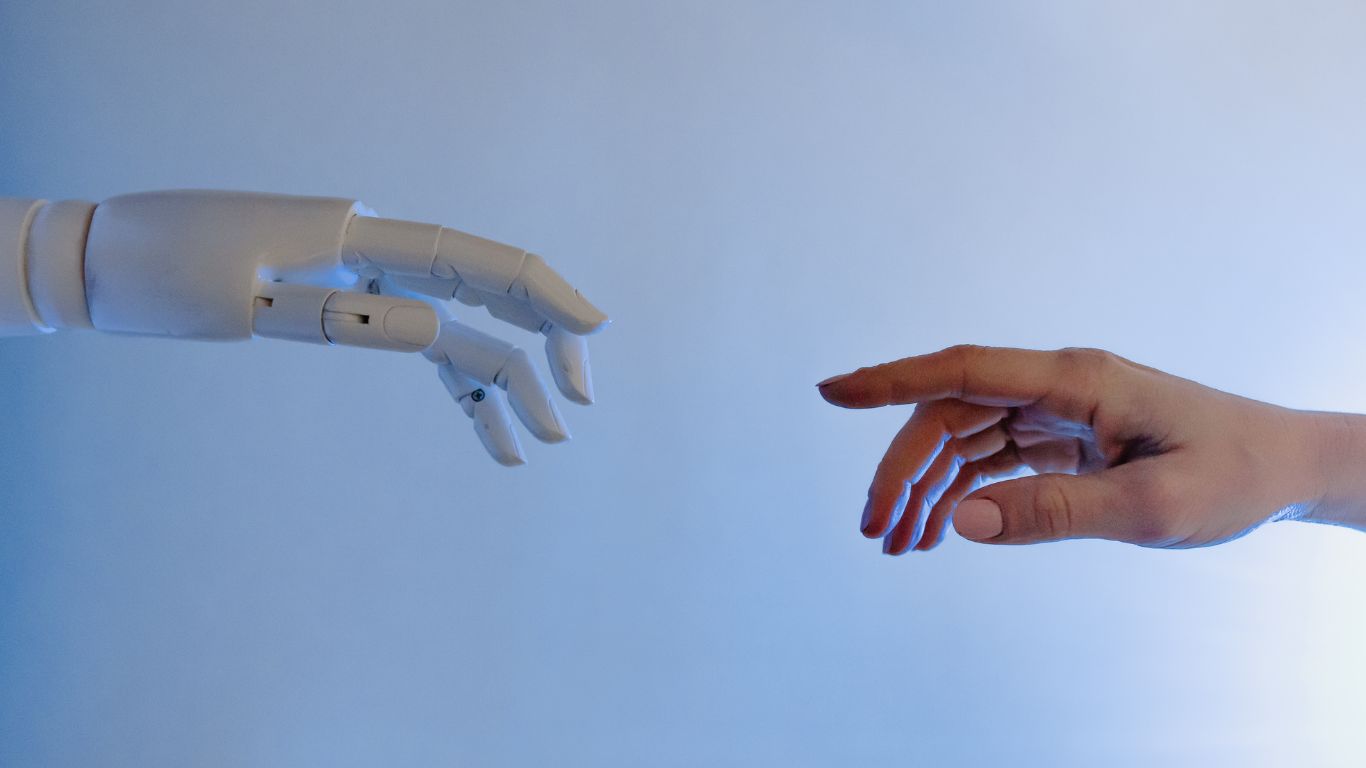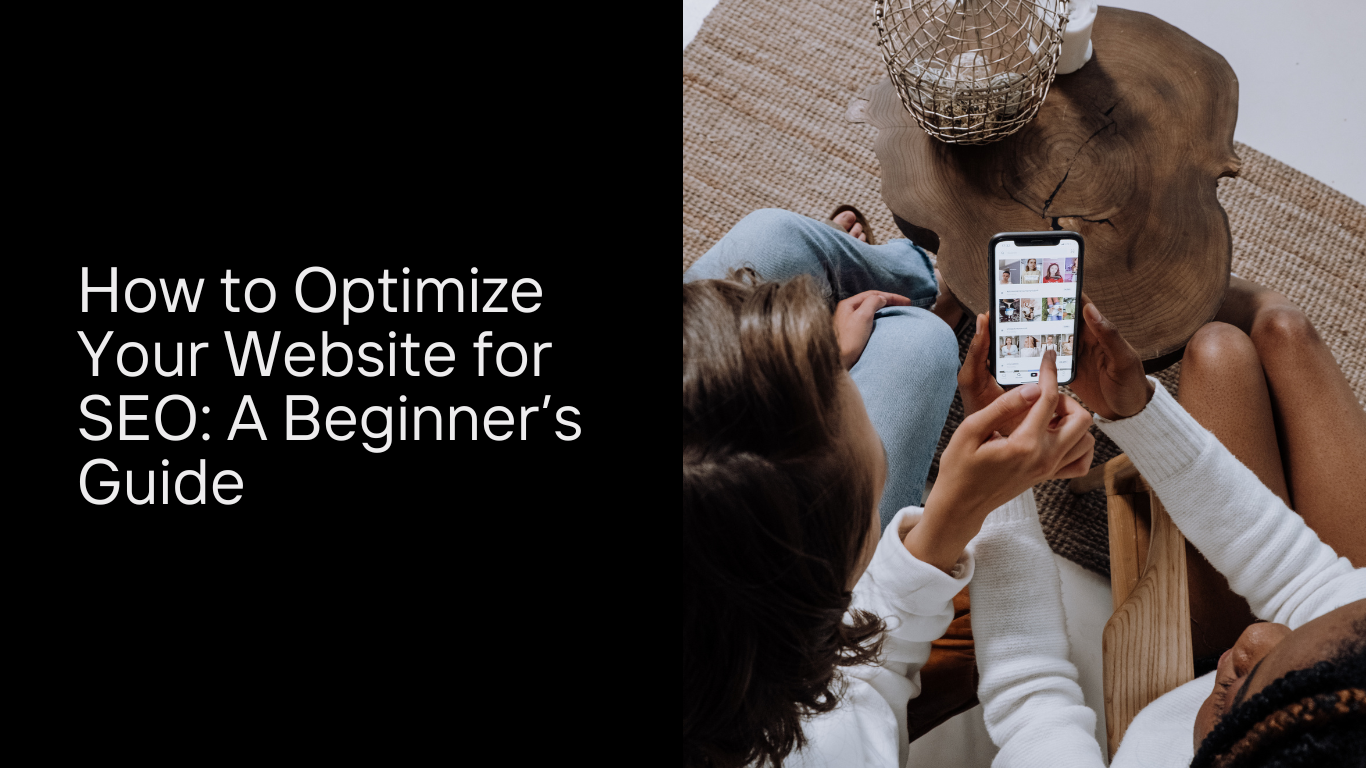In today’s hyperconnected world, social media plays an integral role in our daily lives. It allows us to stay in touch with friends and family, share our thoughts and experiences, and stay informed about the latest news and trends. However, while social media has many benefits, it also has a significant impact on mental health. From feelings of inadequacy and anxiety to the pressure to maintain a perfect online image, the effects of constant social media use can be profound. This blog post explores the impact of social media on mental health and offers strategies for maintaining a balanced digital life.
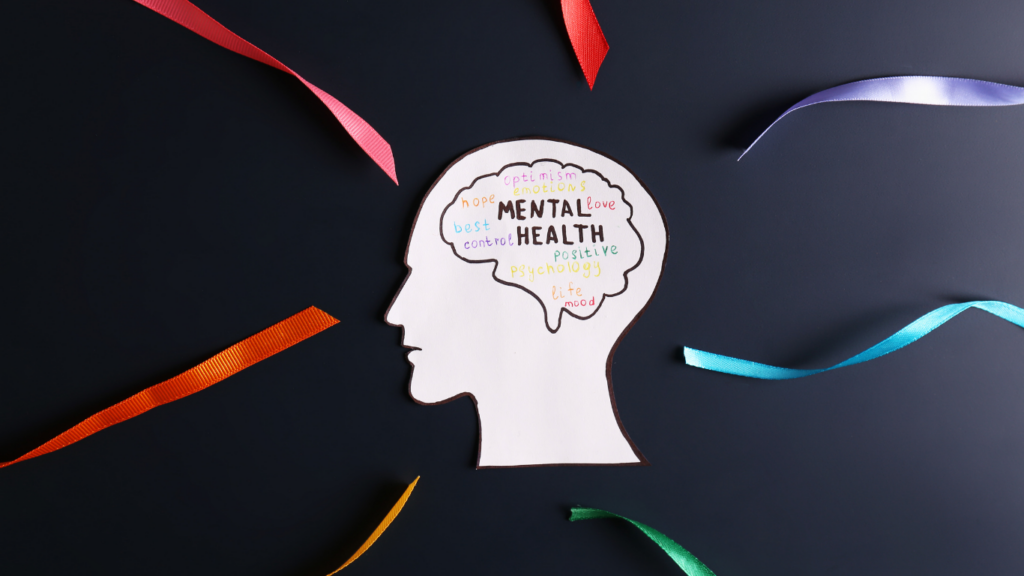
The Impact of Social Media on Mental Health
1. Increased Anxiety and Depression
- Numerous studies have shown a correlation between heavy social media use and increased levels of anxiety and depression. The constant exposure to carefully curated content can create unrealistic expectations and foster feelings of inadequacy, as users compare their own lives to the seemingly perfect lives of others. This comparison can lead to anxiety, low self-esteem, and a distorted sense of reality.
2. The Pressure to Maintain a Perfect Image
- Social media platforms, especially those like Instagram and TikTok, place a strong emphasis on visual content, often leading users to feel pressured to present a flawless version of themselves. This pressure can contribute to stress and anxiety, as individuals strive to meet the often-unattainable standards set by influencers and peers. The pursuit of likes, comments, and followers can also lead to a focus on external validation, rather than internal satisfaction.
3. Sleep Disruption
- The addictive nature of social media can disrupt sleep patterns, with many users spending late nights scrolling through their feeds. The blue light emitted by screens can interfere with the production of melatonin, a hormone that regulates sleep, leading to insomnia and other sleep-related issues. Poor sleep, in turn, can exacerbate mental health problems such as anxiety and depression.
4. Cyberbullying and Online Harassment
- Social media platforms can also be breeding grounds for cyberbullying and online harassment. Negative comments, hateful messages, and online trolling can have a devastating impact on an individual’s mental health, leading to feelings of fear, isolation, and hopelessness. The anonymity of the internet can embolden bullies, making it easier for them to target others without facing real-world consequences.
5. The Fear of Missing Out (FOMO)
- Social media often creates a phenomenon known as the Fear of Missing Out (FOMO), where users feel anxious or left out when they see others engaging in activities or events that they are not a part of. FOMO can lead to compulsive social media use, as individuals constantly check their feeds to ensure they are not missing out on anything important. This can result in heightened anxiety and a decreased sense of life satisfaction.
Strategies for a Balanced Digital Life
While social media can have negative effects on mental health, it’s possible to mitigate these impacts by adopting healthier habits and setting boundaries. Here are some strategies for maintaining a balanced digital life:
1. Set Time Limits
- One of the most effective ways to reduce the negative impact of social media is to set time limits on its use. Apps like Instagram and Facebook offer built-in tools that allow you to track and limit your screen time. By setting daily limits, you can ensure that social media does not consume too much of your time and energy, allowing you to focus on other activities that contribute to your well-being.
2. Curate Your Feed
- Take control of your social media experience by curating your feed. Unfollow or mute accounts that make you feel anxious, inadequate, or stressed, and instead, follow accounts that inspire and uplift you. Surrounding yourself with positive, motivating content can help reduce the negative impact of social media and improve your overall mental health.
3. Practice Digital Detox
- Regularly disconnecting from social media can be incredibly beneficial for your mental health. Consider implementing a digital detox, where you take a break from all social media platforms for a set period, such as a weekend or a week. Use this time to engage in offline activities that bring you joy, such as reading, spending time in nature, or connecting with loved ones face-to-face.
4. Be Mindful of Your Social Media Use
- Practice mindfulness when using social media by being aware of how it makes you feel. If you notice that certain interactions or content are triggering negative emotions, take a step back and assess why. Mindful social media use involves being intentional about your online activities and recognizing when it’s time to disconnect.
5. Focus on Real-World Connections
- While social media can help you stay connected, it’s essential to prioritize real-world relationships. Make time to connect with friends and family in person, rather than relying solely on online communication. Building and maintaining strong, supportive relationships in the real world can help buffer against the negative effects of social media.
6. Engage in Self-Care
- Incorporating self-care practices into your daily routine can help counteract the stress and anxiety that social media can cause. Whether it’s through exercise, meditation, journaling, or simply taking time to relax, self-care can help you maintain a healthy balance between your online and offline life.
7. Seek Professional Help if Needed
- If you find that social media is significantly impacting your mental health, don’t hesitate to seek professional help. A mental health professional can provide you with the tools and strategies needed to manage your social media use and address any underlying issues contributing to anxiety, depression, or other mental health concerns.
The Impact of Social Media on Mental Health
1. Increased Anxiety and Depression
- Numerous studies have shown a correlation between heavy social media use and increased levels of anxiety and depression. The constant exposure to carefully curated content can create unrealistic expectations and foster feelings of inadequacy, as users compare their own lives to the seemingly perfect lives of others. This comparison can lead to anxiety, low self-esteem, and a distorted sense of reality.
2. The Pressure to Maintain a Perfect Image
- Social media platforms, especially those like Instagram and TikTok, place a strong emphasis on visual content, often leading users to feel pressured to present a flawless version of themselves. This pressure can contribute to stress and anxiety, as individuals strive to meet the often-unattainable standards set by influencers and peers. The pursuit of likes, comments, and followers can also lead to a focus on external validation, rather than internal satisfaction.
3. Sleep Disruption
- The addictive nature of social media can disrupt sleep patterns, with many users spending late nights scrolling through their feeds. The blue light emitted by screens can interfere with the production of melatonin, a hormone that regulates sleep, leading to insomnia and other sleep-related issues. Poor sleep, in turn, can exacerbate mental health problems such as anxiety and depression.
4. Cyberbullying and Online Harassment
- Social media platforms can also be breeding grounds for cyberbullying and online harassment. Negative comments, hateful messages, and online trolling can have a devastating impact on an individual’s mental health, leading to feelings of fear, isolation, and hopelessness. The anonymity of the internet can embolden bullies, making it easier for them to target others without facing real-world consequences.
5. The Fear of Missing Out (FOMO)
- Social media often creates a phenomenon known as the Fear of Missing Out (FOMO), where users feel anxious or left out when they see others engaging in activities or events that they are not a part of. FOMO can lead to compulsive social media use, as individuals constantly check their feeds to ensure they are not missing out on anything important. This can result in heightened anxiety and a decreased sense of life satisfaction.
Strategies for a Balanced Digital Life
While social media can have negative effects on mental health, it’s possible to mitigate these impacts by adopting healthier habits and setting boundaries. Here are some strategies for maintaining a balanced digital life:
1. Set Time Limits
- One of the most effective ways to reduce the negative impact of social media is to set time limits on its use. Apps like Instagram and Facebook offer built-in tools that allow you to track and limit your screen time. By setting daily limits, you can ensure that social media does not consume too much of your time and energy, allowing you to focus on other activities that contribute to your well-being.
2. Curate Your Feed
- Take control of your social media experience by curating your feed. Unfollow or mute accounts that make you feel anxious, inadequate, or stressed, and instead, follow accounts that inspire and uplift you. Surrounding yourself with positive, motivating content can help reduce the negative impact of social media and improve your overall mental health.
3. Practice Digital Detox
- Regularly disconnecting from social media can be incredibly beneficial for your mental health. Consider implementing a digital detox, where you take a break from all social media platforms for a set period, such as a weekend or a week. Use this time to engage in offline activities that bring you joy, such as reading, spending time in nature, or connecting with loved ones face-to-face.
4. Be Mindful of Your Social Media Use
- Practice mindfulness when using social media by being aware of how it makes you feel. If you notice that certain interactions or content are triggering negative emotions, take a step back and assess why. Mindful social media use involves being intentional about your online activities and recognizing when it’s time to disconnect.
5. Focus on Real-World Connections
- While social media can help you stay connected, it’s essential to prioritize real-world relationships. Make time to connect with friends and family in person, rather than relying solely on online communication. Building and maintaining strong, supportive relationships in the real world can help buffer against the negative effects of social media.
6. Engage in Self-Care
- Incorporating self-care practices into your daily routine can help counteract the stress and anxiety that social media can cause. Whether it’s through exercise, meditation, journaling, or simply taking time to relax, self-care can help you maintain a healthy balance between your online and offline life.
7. Seek Professional Help if Needed
- If you find that social media is significantly impacting your mental health, don’t hesitate to seek professional help. A mental health professional can provide you with the tools and strategies needed to manage your social media use and address any underlying issues contributing to anxiety, depression, or other mental health concerns.
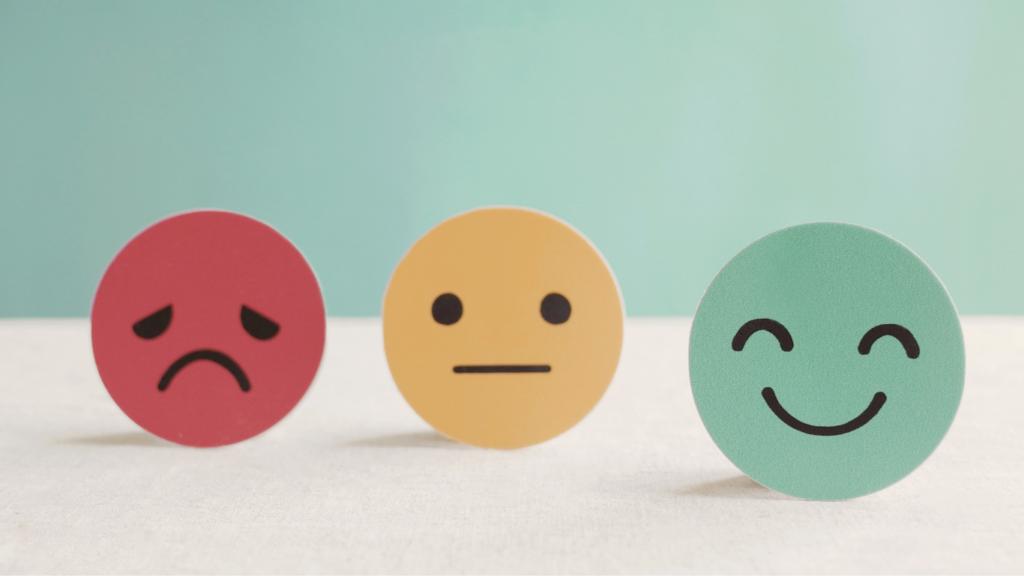
Conclusion
Social media is a powerful tool that has transformed the way we communicate, share, and interact with the world. However, it’s important to recognize its potential impact on mental health and take proactive steps to maintain a balanced digital life. By setting boundaries, practicing mindfulness, and prioritizing real-world connections, you can enjoy the benefits of social media while minimizing its negative effects. Remember, a healthy relationship with social media is one where it enhances your life, rather than detracts from it.



